Although it isn’t directly tied to gardening, the American chestnut played a huge role in the lives of many Appalachian subsistence farming families, providing food for both livestock and humans, as well as providing lumber. The story of the chestnut blight is a cautionary tale for what can happen when we’re careless with invasives.
The Powell River Project Research & Education Center in Wise County has served as a location for reforestation research since 1980, including some work that looks at the possible restoration of the American chestnut.
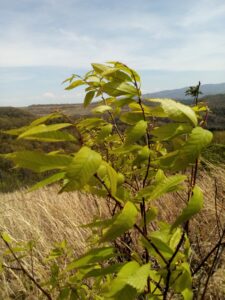
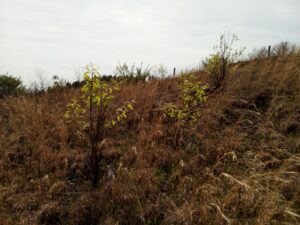
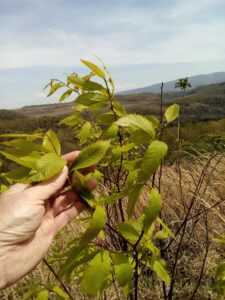
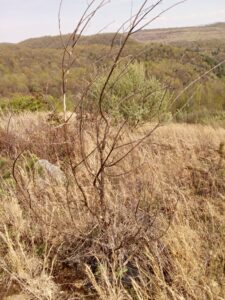
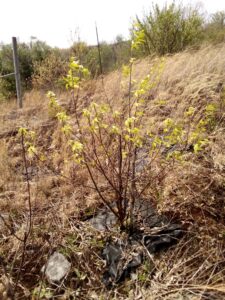
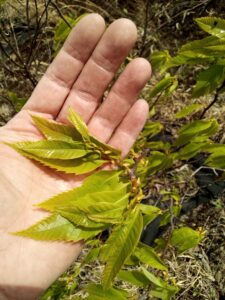
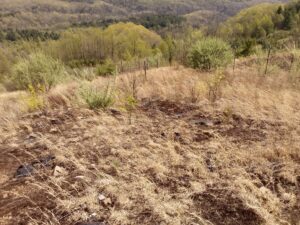
This particular research plot was begun in 2013 with 100 backcrossed chestnuts (15/16 American and 1/16 Asian). In 2014, approximately 100 transgenic American chestnuts were planted. The transgenic chestnuts have a wheat gene spliced into their dna to provide resistance to the blight.
Because these are transgenic, they won’t be allowed to reach sexual maturity. Rather, their growth rate and survival will be monitored for another year or two, and then they’ll be destroyed.



This is so interesting Phil! Thank you for sharing.